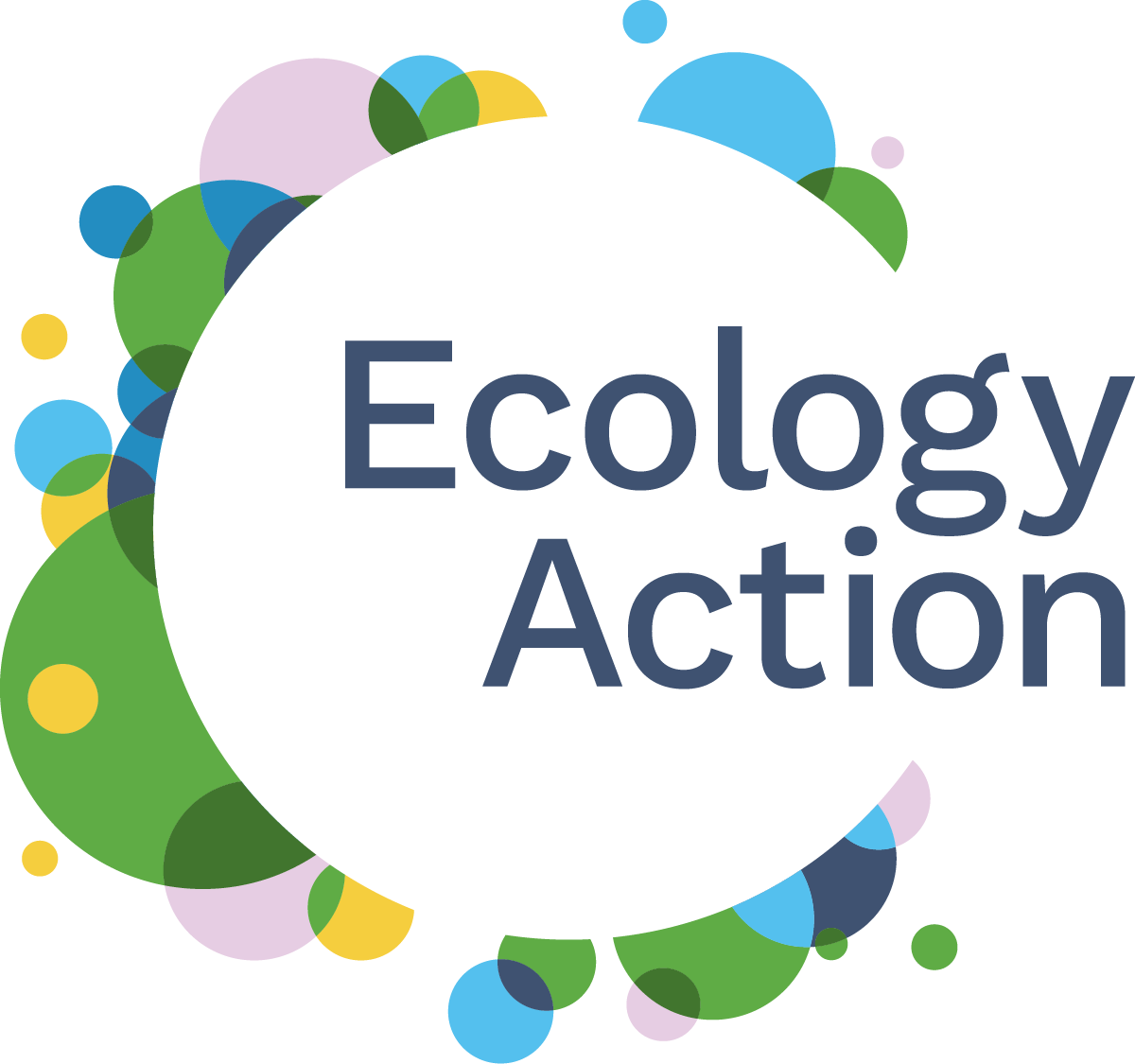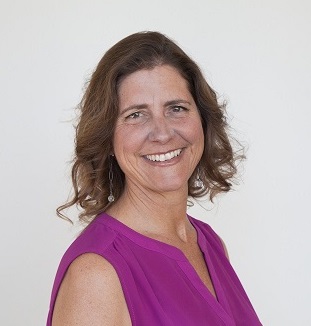Article |
Partnering with Regeneración to Address the Racial Inequities of Climate Change
It is an indisputable fact that climate change is impacting communities of color at disproportionate rates. Climate justice is a concept and a movement to reverse these inequities. This issue is not new. Environmental justice has been researched since the 1970s with a momentum for calls to action emerging in the 1990s. But until recently, the issue was not a high priority for leaders or was responded to with rhetoric but little action.
The past several years have proven momentous for the movement. At the 2021 United Nations Climate Change Conference (COP 26), more affluent northern countries such as the US, Canada, and Japan, pledged over $93B per year to under-resourced nations to both help them adapt for climate change impacts and develop clean energy and other infrastructure needed to allow them to thrive economically without increasing their emissions as they develop. Following that, we have seen climate justice front and center in the once-in-a-generation $2 trillion plus US investment in economic climate solutions. In addition to setting up the climate investments to reinvigorate in US manufacturing and jobs, President Biden established the Justice40 Initiative. This promises that 40 percent of the overall benefits of large portions of the Federal investments from the Inflation Reduction Act, Bipartisan Infrastructure Law, and the American Rescue Plan flow to disadvantaged communities that are marginalized, underserved, and overburdened by pollution.
California has also led the way on this over the past decade, prioritizing state investment in under-resourced communities in the California Climate Investments program and many other grant and funding programs.
These investment opportunities could not be coming at a better time. Locally, our primarily Latino/a/x farm-working neighbors are on the frontline of climate change impacts. They are forced to choose between a paycheck or exposure to health impacting conditions when faced with wildfire smoke and extreme heat. In some cases, they don’t get a choice when farms owners stop operations, and paychecks. These agricultural communities are in hotter inland areas where the residents may not have access to air conditioning, or be able to afford turning it on. As temperatures continue to rise, this condition puts the elderly, young, and health-compromised people in life threatening danger, especially if you are among the 70% of farmworkers who don’t have health insurance. Research has also shown that redlined neighborhoods with lower income residents of color can be 10 degrees hotter than surrounding areas due to lack of tree cover and open spaces.
Ecology Action is excited to see that the path to reversing and preparing for climate change shines with the potential uplift our neighbors facing these severe challenges caused by systemic racism. There are many ways forward including electrifying homes to have cleaner indoor air quality and cooling, connecting people with incentives and rebates to purchase an electric vehicle, and looking to infrastructure changes that make everyday living easier and sustainable.
We’re excited to share that there is significant local progress toward this vision. Our climate justice partners, Regeneración, Pájaro Valley Climate Action, were chosen among only 48 groups for the national 2022 Justice40 Accelerator Cohort. As a member of the 12-month program, they will receive unrestricted funding, training, and technical assistance to bring climate justice funding to the region.
Partnering with Regeneración and the Cities of Watsonville and Santa Cruz, Ecology Action helped lead a process this summer to explore the formation of a local climate justice network. Funded by a small grant, this process worked through a discovery process that culminated in two half-day working sessions bringing social service, justice and climate practitioners together. The process was professionally facilitated, had both mono-lingual English and Spanish participants, and began the process of building relationships and shared learnings between these two sectors. Translation and compensation for staff time was provided for the equity focused organizations that participated including Mujeres en Acción Monterey, Youth Alliance San Benito, NAACP Santa Cruz County, Community Bridges, Central Coast Energy Services, Community Action Board, the MILPA Collective and the Santa Cruz Indian Council.
On behalf of this emerging partnership, Ecology Action and Regeneración are finalizing a $1.75M proposal to the California Regional Climate Collaboratives grant program. The goal of this grant would be to fund part time staff positions in the social service and justice groups to work together to develop shared-purpose projects, initiatives and grant proposals that, through centering climate justice principles, will reduce emissions, uplift communities of color, and help everyone thrive in a climate changed world.

